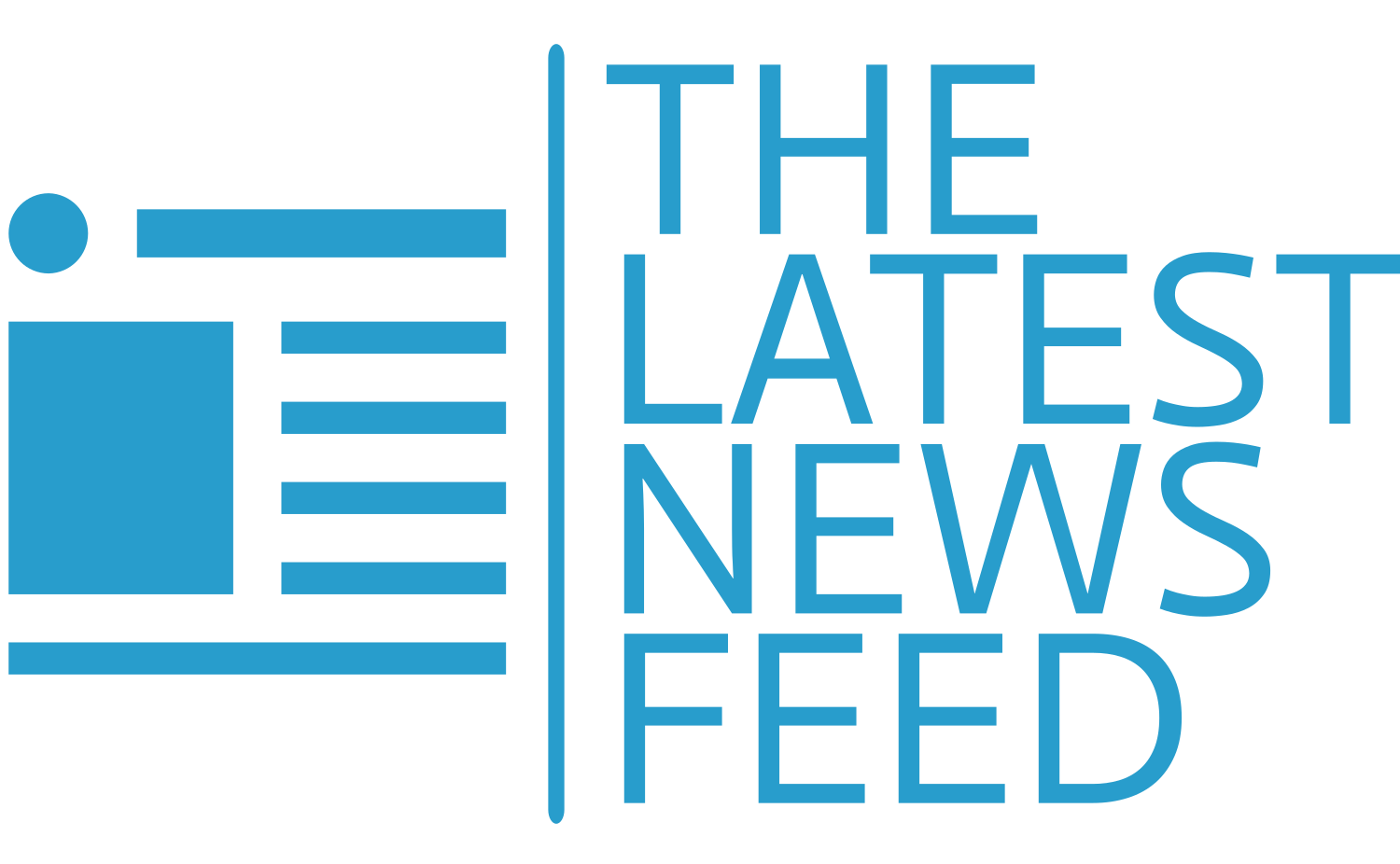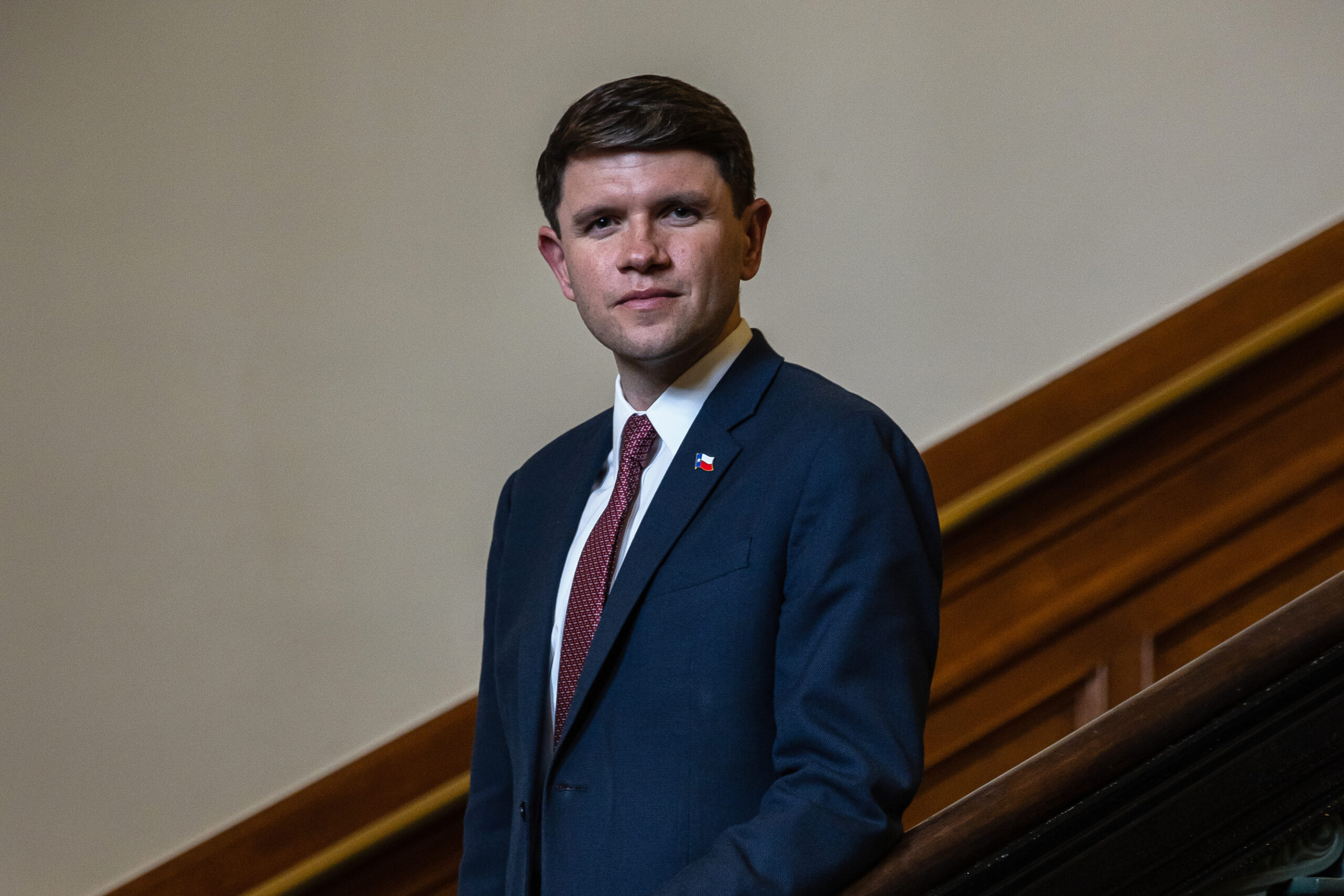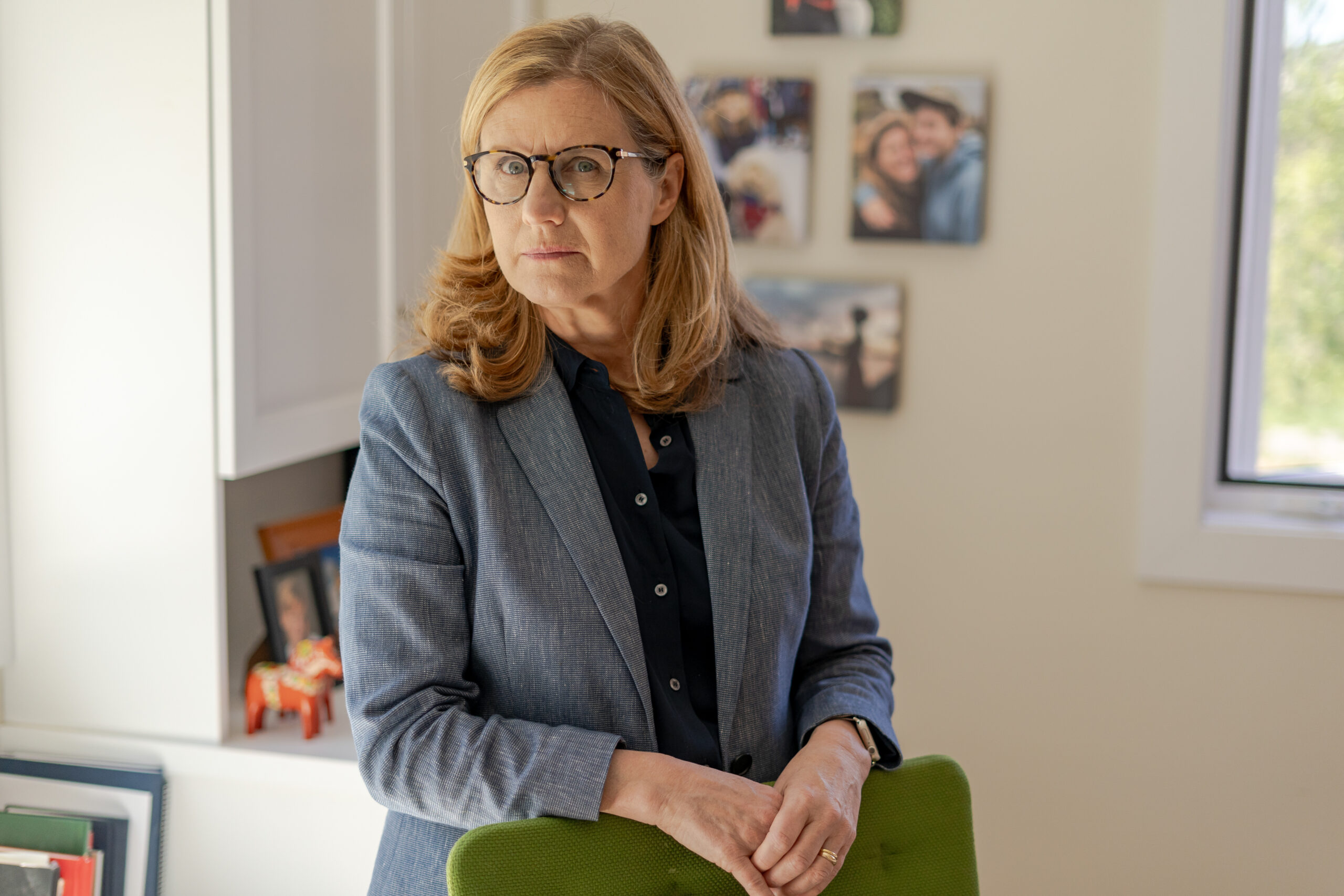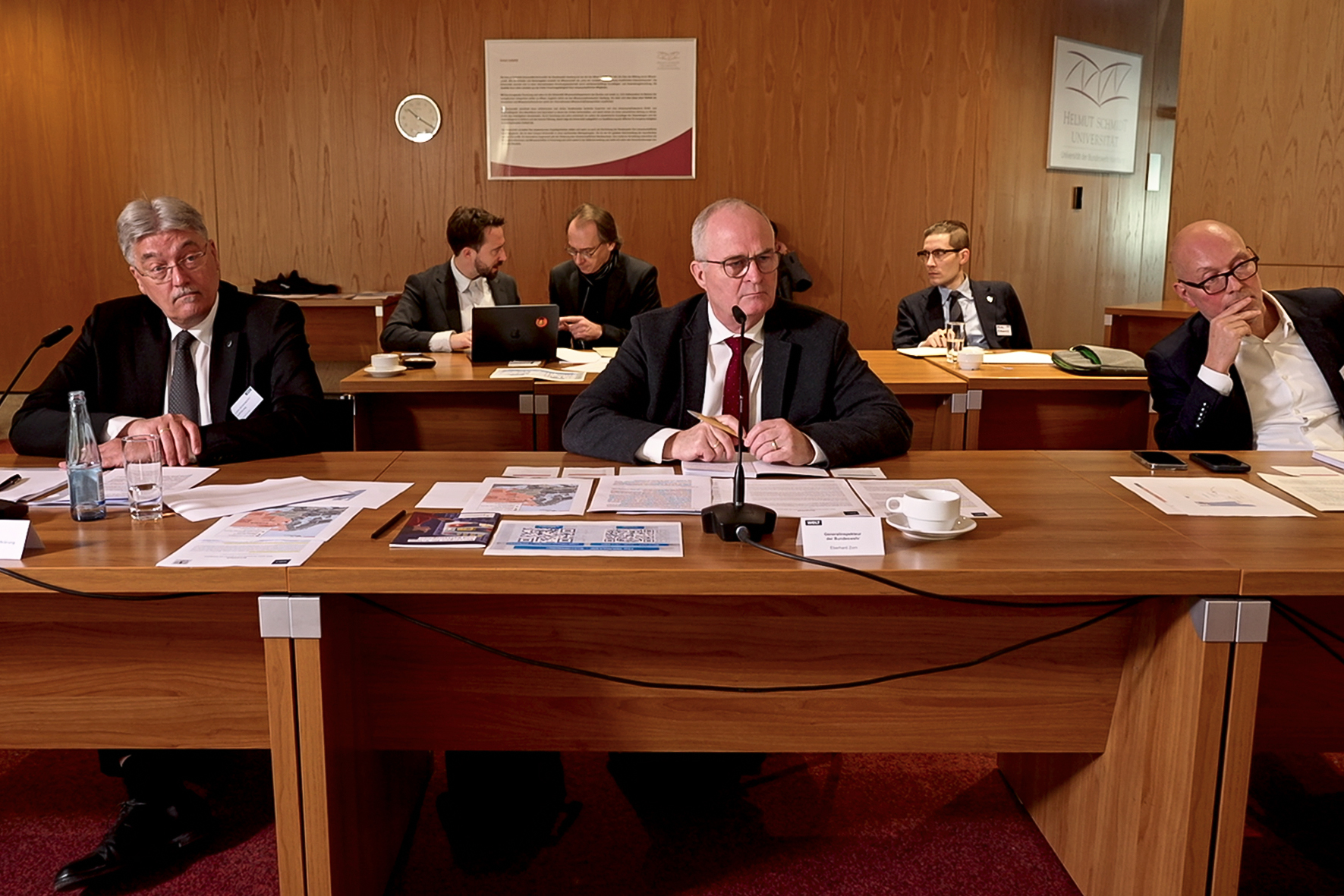The hottest interview a politician can land these days is, obviously, on Joe Rogan’s podcast. But for James Talarico, it fell in his lap — and couldn’t come at a better time.
The Democratic Texas state representative may not yet be a household name nationally but he is weighing a dark horse bid for the U.S. Senate, and the appearance on Rogan’s show released Friday can only boost his cred as a rising star for a party desperate to connect with young men and other disaffected voters. At one point, Rogan told him, “James Talarico, you need to run for president.”
In an interview with POLITICO Magazine, Talarico discussed what it was like to go on Rogan’s show and why he thinks the podcaster who endorsed Donald Trump in 2024 is still up for grabs for Democrats going forward.
“He speaks for a lot of people who don’t feel like they belong in either political party, and are rightly suspicious of a corrupt political system,” Talarico said.
The 36-year-old Talarico is not your average Democratic politician; he’s an aspiring preacher who studies at Austin Presbyterian Theological Seminary and has gained nearly 1 million followers on TikTok by publishing videos that frequently center on the intersection of his Christian faith and politics.
And that’s how Rogan found him. Rogan invited Talarico on the podcast after seeing one of his viral videos explaining his opposition to posting the Ten Commandments in public schools.
As he was leaving Rogan’s Austin, Texas-area studio, he talked about how his party could win over more white Evangelicals, what national Democrats get wrong about Texas and how the party could win the state in 2026 and beyond.
This conversation has been edited for length and clarity.
What’s it like to sit down with Joe Rogan for three hours? Take us into his studio, the moments before and after you record.
When we got the email invitation, I originally thought it was a phishing scam. But we called them and realized it was legit, and it was a surprise — just given that I’m a state rep. — to get invited on such a big national platform. He said he had seen some of my videos and wanted to talk. So we jumped at the opportunity. I didn’t know what topics he wanted to cover. Really had no specifics beyond that first email. I was kind of going in blind.
He and his team are very unassuming. You wouldn’t know you were walking into the biggest podcast in the world from their kind of humble setup. They were just very genuine and very, very chill.
He said it was a comedian friend who had come across me on social media and told Joe he should listen to me. And so Joe went back and watched some of the videos, and that’s where the invitation came from.
Rogan in recent weeks has aired some confusion, surprise and even grievance with Trump over some of the administration’s early moves: He has called Trump’s feud with Canada stupid and called some of Trump’s sweeping deportations “horrific.” Do you get the sense Rogan is a winnable quantity for Democrats ahead of 2026 and 2028?
After sitting with him for two and a half hours, I have a clearer understanding of where he’s coming from on a lot of this stuff. I just got the overwhelming impression that Joe Rogan is not loyal to either political party, and is deeply skeptical of our political system as a whole. I think that skepticism also applies to Donald Trump, just like it did to Joe Biden last year.
I got the impression the reason Joe Rogan has the most popular podcast in the country is because he speaks for a lot of people who don’t feel like they belong in either political party, and are rightly suspicious of a corrupt political system. Part of my nerves going in was coming on as an elected official, but I think I was able to shed some light on why the system is broken, at least at the state level, and why it’s not working for people — and possible solutions for how to change it.
What would you say to your fellow Democrats who are wary of Rogan’s influence and the idea that the party should court him or that people like you should go on his show?
I think regardless of what people feel about Joe Rogan — or any media figure — we as elected officials, at the very minimum, should have respect for his listeners and take the time to speak to them directly and honestly.
I find what Joe Rogan is doing to be refreshing. The fact that he has these longform conversations with people from very different political backgrounds; the fact that he had Donald Trump and Bernie Sanders in the same chair and had long, thorough conversations with both of them; people actually trying to understand each other is a lot healthier than cable news networks or the algorithmic social media that we’re all stuck in.
I think what Joe Rogan is doing is maybe how we can fix this democracy. If we actually sat down and listened to each other and loved our enemies: That, I think, is the way out of all this.
He was eager to talk about the religious content of your videos. How did you approach that?
I would say the conversation was probably equal parts politics and faith. And so we talked a lot about spirituality, about the spiritual crisis in this country, particularly among young people, which is something I care a lot about, [and] is something he cares a lot about. It was a wide-ranging conversation that wasn’t limited to policy and politics, although there was plenty of that too.
That’s also why people are attracted to his show: He kind of moves between these topics in a very natural and fluid way. Whereas if you get booked on a traditional news network, you’re given your topic that you can talk about for five minutes, and then you’re off. In this format, he’s pursuing whatever he’s interested in.
You are a seminary student when you’re not politicking. Do you think Democrats are a party that can ever win over more white evangelicals in 2028 when Trump is not on the ballot?
I do. I absolutely think we can do that. It’s going to require some changes in our party before we’re able to expand our coalition and build a bigger tent.
What changes?
I think we need to start listening to Democrats who are in red and purple areas. There is something about living in a red state that makes you different from a national Democrat who lives in a blue city on the coast. I think we learn how to talk with people outside of our party in a more effective way, because it’s a matter of political survival out here. I can’t pass anything in the Texas Legislature without getting Republican support, so I’ve had to find ways to build relationships and build bridges across partisan divides as a Texas Democrat.
So that’s one. Two I think is generational. I really do think that we need a new generation of leaders in this party to step up and take the reins.
All due respect to our more senior members and their wisdom and their experience, that’s helpful and valuable, but at a certain point you’ve got to let fresh faces take over. I just think millennials and Gen Z, especially, even elected officials within my generation, are just more open to going into these kinds of spaces and having these more open conversations that aren’t scripted, that aren’t controlled by consultants. And it’s another reason why we need that generational shift in the party.
Do you think Chuck Schumer is the right person to lead Senate Democrats during Trump 2.0?
Part of why some people have been asking me to look at the Senate race is because I am very, very disconnected from Washington, D.C., and and I’ve never worked there, never served there, have not spent much time there in my life, and so I’m not even up to date on the the D.C. drama between these different factions of the party.
All I know is what Republican extremism has done in red states like Texas. And I feel that we have a moral imperative to win, and that is my primary focus and anyone and everyone who wants to help us do that is going to be welcome in my mind.
Colin Allred has announced his candidacy for Senate, and other Democrats like Beto O’Rourke and Joaquin Castro are mulling it. Are you going to jump in, and have you talked with other potential candidates about who should run?
I haven’t made a decision yet, but I am seriously considering it.
Politics is all about timing, and you just walked into a perfectly timed opportunity in this Rogan podcast — in terms of scoring eyeballs and, perhaps, a national network of small-dollar donors. Does the timing here make you more or less likely to run?
It’s not the biggest factor in my decision. The decision to run for statewide office, especially in a state as big as Texas, that’s not just a political or career decision, that’s a life decision.
That’s where my mind is — not really about the political opportunity and more about: Is this the right fit for me given where I am in my life right now.
What advice would you give to fellow Democrats who are trying to connect with the audience that you just connected with on the Rogan show?
I want to think it requires courage — because going into a two-and-a-half hour conversation that is unscripted, uncontrolled, with someone who doesn’t share all of your political views, I mean, that is a scary situation for anyone to be in, especially to talk about politics and religion.
Being a little fearless and being able to get outside of your consultant staff bubble, and getting out of these tightly controlled environments, and going into places that are maybe a little unfriendly, a little less predictable — that kind of risk-taking is necessary. Trying to script everything and control everything is just not going to cut it in 2025 or 2026.
If you do run, how will you distinguish yourself from Allred and other contenders? Is there enough room for you?
I would only run if I felt like I have something unique to offer the party and, more importantly, the state. And so yes, I would hope that if I did this, it would be because I have something different to say and something different to provide to voters in the primary.
If we’re going to put up someone against Ken Paxton, you’ve got to have a nominee who can reach people where they’re at and and move them to change the politics of the state.
Sen. John Cornyn, the incumbent, is running, too. But part of the bet Democrats weighing a Senate bid in Texas are making is that Paxton is going to be the nominee, prevailing over Cornyn in the primary. What would a matchup with Paxton, who was impeached by the Texas House by you and your GOP colleagues, look like?
You mentioned that some folks see this as an opportunity. I think a lot of us see this as a threat. The fact that Ken Paxton, the most corrupt politician in the state of Texas, could be our next U.S. senator, is terrifying for a lot of us who have seen him up close and seen the way he abuses his power and enriches his friends at the expense of the public. I’ve seen firsthand the damage he’s done as attorney general, and I can’t imagine what he could do with the office of U.S. senator. But I do want to say that this can’t be just about Ken Paxton as a person and as a corrupt political figure. It also needs to be about what Ken Paxton represents. And in my mind, as someone who has watched Ken Paxton up close, who was a part of the impeachment, Ken Paxton represents everything that is wrong with our political system — the corruption, the extremism, the cruelty.
And I think in this race, we have an opportunity to prosecute the case, not just against Ken Paxton the man, but Ken Paxton as the symbol for everything that’s wrong with politics today. That, to me, is an exciting opportunity, because I do really feel that that people, regardless of where they are on the political spectrum, are just sick and disgusted with how politics feels, that it tears apart families and friendships, the fact that elected officials seem to change once they get power, and they seem to only enrich themselves and their megadonors.
It sounds like you’re making a pretty good case to yourself about why you should run.
I’m making a case of why Ken Paxton shouldn’t be the next U.S. senator from Texas.
If you had to predict, when do you think Texas goes blue in a presidential year? 2028, 2032, or beyond?
In a presidential year? I mean, I think Texas can go blue in 2026. I think it’s possible in 2028, too. Donald Trump won this state by only five points in his first reelection when he was an incumbent.
He won by more when he was not an incumbent, but when he’s in office, Texans typically are not happy with what they see. That was true in 2018, when Beto O’Rourke came within two and a half points of beating Ted Cruz. And it was true in 2020 when Joe Biden came within five points of winning Texas, which I think people forget. I think the recent data suggests that Texans across the spectrum are deeply dissatisfied with what they’ve seen so far from the Trump administration — even if some of them had high hopes for what he may be able to do and he may be able to shake up. I don’t think those hopes have been realized among Texans.
What do national Democrats and pundits get wrong about Texas?
Oftentimes national Democrats come here to fundraise, and then they don’t spend a penny of that money in our state. I think Texas Democrats are kind of fed up with how national Democrats have treated our state.
I think the biggest disconnect is a willingness to fight. Texas Democrats, whether it was LBJ and the Great Society, Barbara Jordan, Ann Richards, even Beto O’Rourke and Wendy Davis more recently — all of them have shown that they can use every tool in the toolbox to fight for the people that we represent and stand up to bullies. That I feel like is what Texas Democrats have been known for throughout our history — this fighting spirit.
I think the national party could benefit a lot from adopting some of what we do here in Texas: how we can fight for people even when we’re a deep minority. We’ve shown people that we can be scrappy and use every tool at our disposal to make progress for people. And I think that’s what folks around the country are desperate for from either political party right now.




